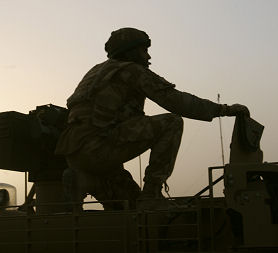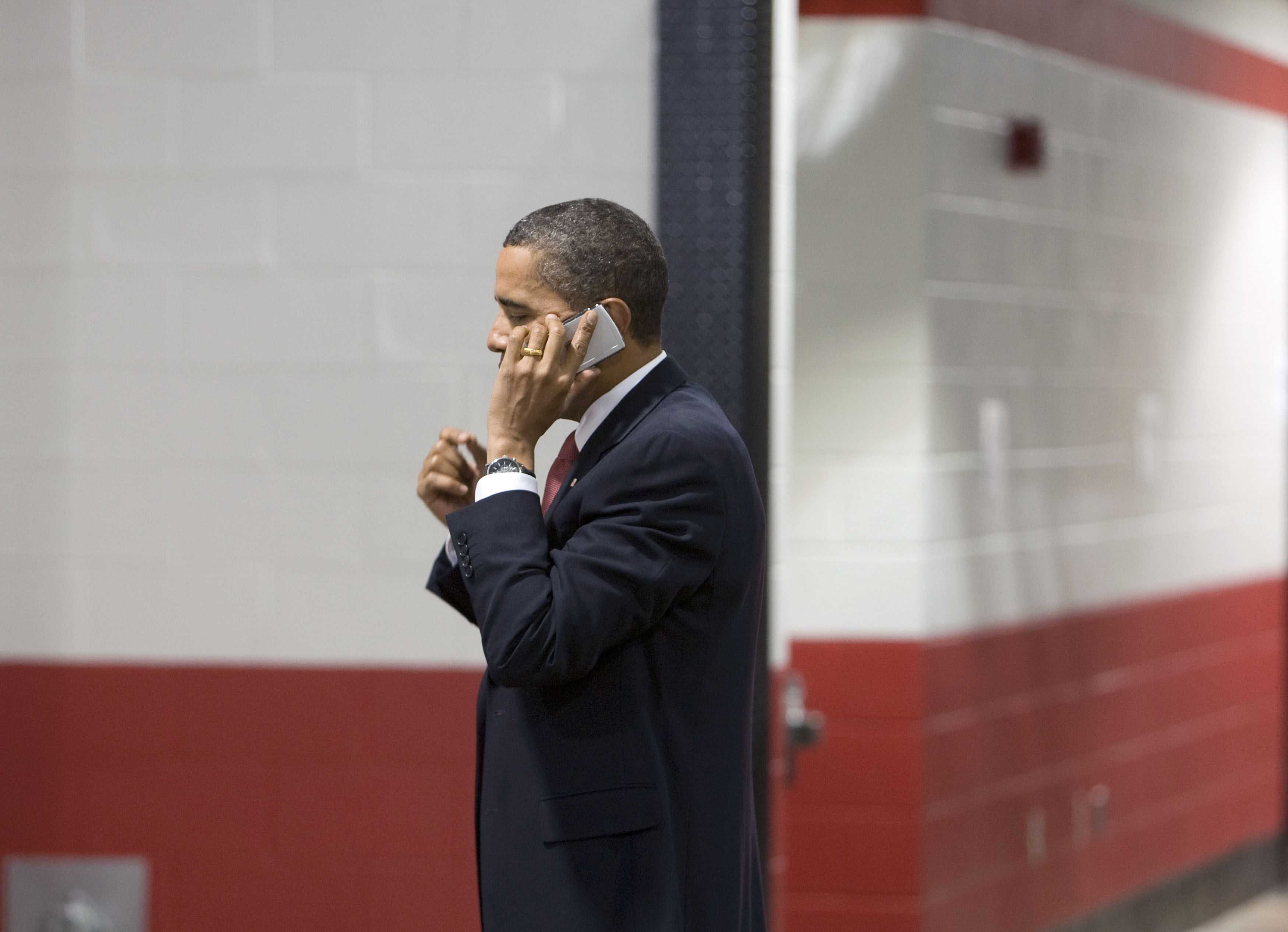Will Afghanistan operation finish the Taliban?
Updated on 12 February 2010
At the start of Operation Moshtarak, the biggest military land offensive since the 2001 Afghan invasion, Colonel Richard Kemp predicts the advance of the British army will be slow - but the operation will succeed.

Colonel Richard Kemp is the former commander of British troops in Afghanistan
We are on the eve of Operation Moshtarak, by far the largest air-ground offensive ever launched by Nato in Afghanistan.
View Operation Moshtarak in a larger map
The combined Nato and Afghan forces must first clear out the Taliban. That will not be an easy task. Following General McChrystal’s iron policy of prioritising protection of the local population and minimising civilian deaths over and above destroying the enemy, the operation has been signalled for months. This is intended to tell the Taliban that a sledge-hammer is coming their way: "stand aside or you’ll be crushed". The hope: that less committed insurgents will not resist the coalition onslaught.
That will happen, and many will simply continue their normal way of life as farmers and tradespeople, leaving the Kalashnikov under the bed. Others will stand and fight. Or more accurately: plant improvised explosive devices, booby traps and mines, then lay up in ambush positions and snipe and machine-gun our troops before melting away through the well-recced rat-runs and irrigation canals that criss-cross the whole area.
The novel tactic of ensuring the enemy know we are coming has already been heavily criticised by our army of armchair generals, and that will intensify as we take casualties. It goes against the vital military principle of surprise.
But British General Nick Carter, who is commanding the operation, is no fool. He is right to adopt this approach, and he knows also that you cannot disguise the target or time-frame of such a massive operation in the environment of central Helmand. He understands only too well that though most members of the Afghan National Army are loyal and professional soldiers, they have been extensively infiltrated by Taliban sympathisers and the details of any jointly planned large-scale operation will be revealed to the enemy.
Moshtarak will succeed. After the preliminary "shaping" operations in which the operational area is cordoned and vital intelligence gathered about the enemy’s dispositions and intentions, there will be a few days’ hard fighting during the decisive phase of the assault. The advance will be slow as our forces methodically check every inch of the ground they have to cross for mines, booby traps and roadside bombs.
General McChrystal’s insistence on rigid rules of engagement will be exploited by the Taliban as they hide behind the civilian population, attack from mosques, schools and hospitals, and force young children to lay improvised explosive devices and throw grenades at our troops.
Our commanders believe we have adequate resources to provide long-term security in the newly liberated areas. This will be provided predominantly by the increasingly capable and numerous Afghan National Army, backed up by Nato forces and supported by our air power and specialist technicians.
None of this will completely block Taliban re-infiltration into the area or stop some of the farmers from taking their rifles out from under their beds and having a go. On some level, violence will continue, with the Taliban desperate to prove they have not really been beaten. But the people will no longer be subjected to the unfettered ruthlessness and extremes of sharia terror dispensed by the heartless and fanatical Taliban.
The real test will be the extent to which the Afghan police can be controlled and prevented from imposing their own corrupt rule on the hapless population. And the ability of Mark Sedwill, the new Nato civilian commander, to focus resources and political effort into the reconstruction and economic development so vital to winning and retaining Afghan hearts and minds.
Operation Moshtarak may well herald the beginning of the end for the Taliban’s hegemony in much of Helmand and Kandahar provinces. But if President Obama’s massive investment in this war is to pay dividends by the end of 2011 - as it must - there is still a huge mountain to climb.
Aside from 2010's ever-building military campaign, the government in Kabul must undergo radical reform. Without it, there is no hope that we can ever leave the heavy lifting to the Afghan national security forces as our current strategy demands. Led by a corrupt regime that cannot inspire loyalty or proper leadership, these forces would simply collapse.
Equally pressing is the need to get our act together with our Pakistani allies. The challenge is to remove the Pakistan government support that is so valuable to the Afghan Taliban, and to develop a properly coordinated cross-border strategy for combating the extremist menace that threatens both states as well as the whole of the western world.





